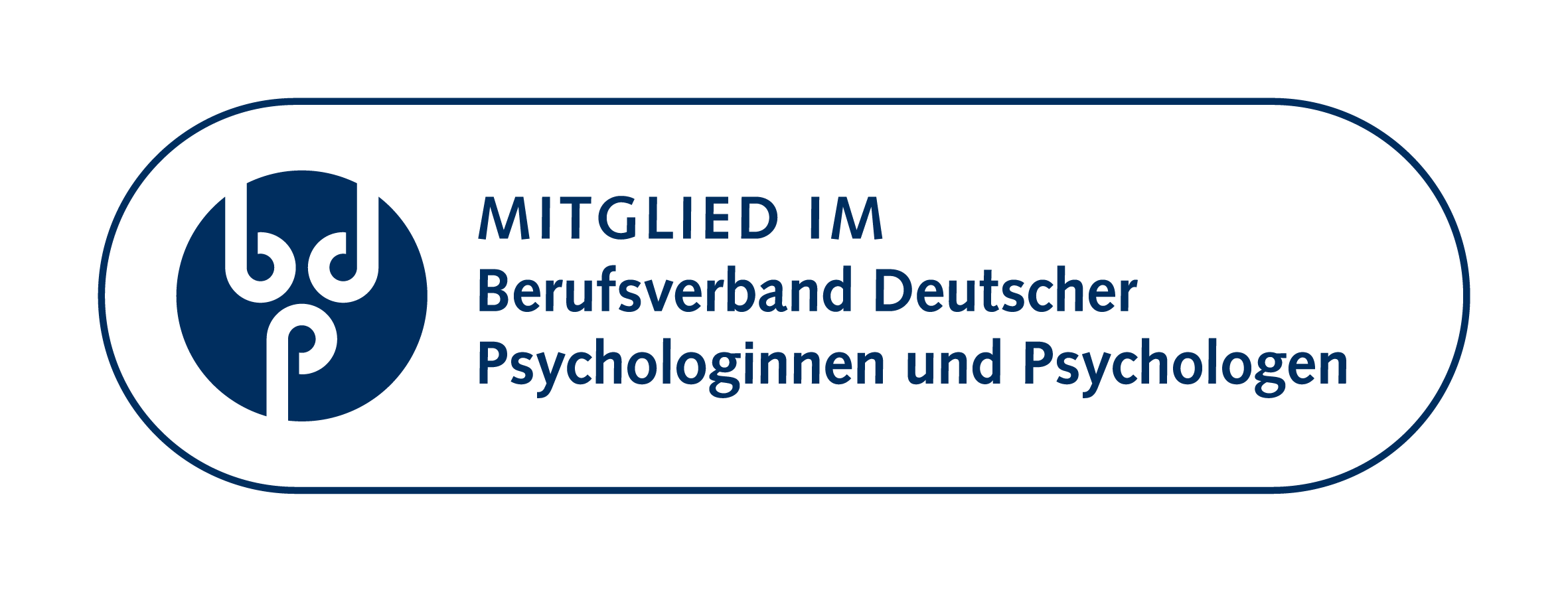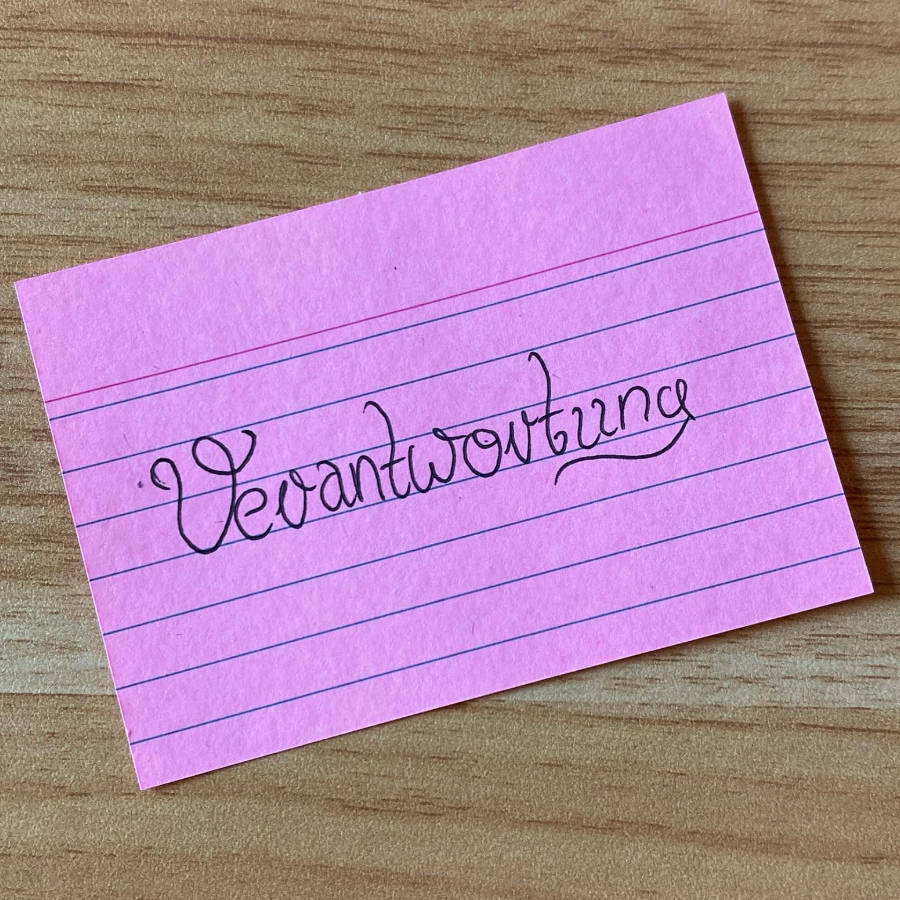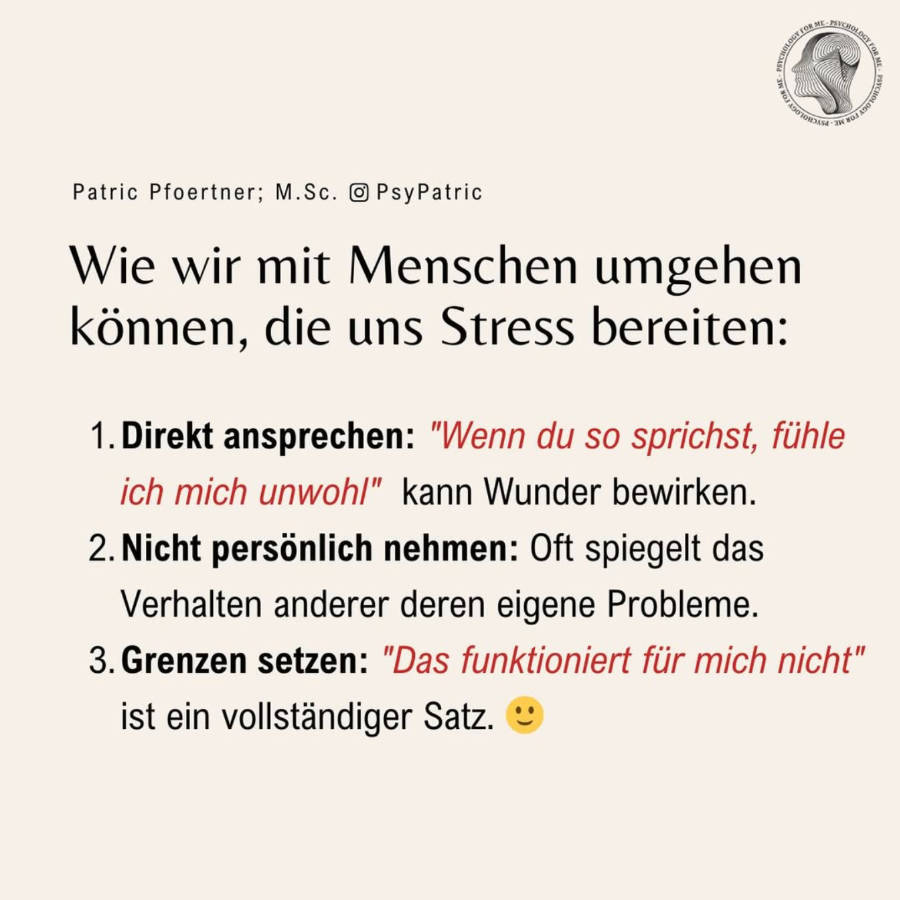Understanding the Fear of Saying No
As a psychologist, I frequently encounter individuals who struggle profoundly with the simple act of saying 'no'. This isn't just about politeness; for many, it’s a deep-seated challenge intertwined with fears of disappointing others, being rejected, or even damaging relationships. This experience, often termed 'Neinsagen Angst' in German, reflects a significant source of emotional distress and can greatly impact one's well-being and sense of self.
It’s important to understand that the reluctance to say no often stems from complex psychological roots. It could be a learned behavior from childhood, a desire to be perceived as 'good' or 'helpful', or a genuine fear of conflict. Whatever the origin, this internal struggle can lead to feelings of overwhelm, resentment, and a profound loss of personal time and energy. You are not alone in feeling this way.
Common Questions About Saying No
Many people grapple with similar questions and concerns when it comes to setting boundaries. Let's explore some of these common inquiries:
- Why do I feel so guilty when I say no?
Feeling guilty after saying no is incredibly common. This often stems from a fear of letting others down or a belief that your worth is tied to your helpfulness. It can also be a conditioned response from past experiences where setting boundaries led to negative reactions. Understanding this guilt is the first step towards managing it. - What are the long-term consequences of always saying yes?
Consistently saying 'yes' when you mean 'no' can lead to chronic stress, burnout, and resentment towards others. It can also erode your self-esteem, as you prioritize others' needs over your own, and prevent you from pursuing your own goals and interests. Ultimately, it can lead to a feeling of being overwhelmed and undervalued. - How can I start saying no effectively without feeling bad?
Starting small is key. Practice saying no in low-stakes situations. You don't need a lengthy explanation; a simple, firm 'no' or 'I can't commit to that right now' is often sufficient. Remember, 'no' is a complete sentence. Focus on your right to set boundaries and prioritize your well-being. Over time, it becomes easier. - When should I seek professional help for my difficulty in saying no?
If your difficulty in saying no significantly impacts your daily life, relationships, career, or mental health – leading to chronic stress, anxiety, depression, or resentment – it may be beneficial to seek professional support. A therapist can help you explore the underlying causes, develop assertiveness skills, and build healthier boundaries.
What This Test Is About
- It helps you assess your current comfort level and associated anxiety when setting personal boundaries.
- It highlights common emotional, cognitive, and behavioral patterns linked to the fear of saying 'no'.
- It provides insights to encourage self-reflection and empower you to take positive steps towards healthier communication.
Taking this self-assessment is a brave step towards understanding yourself better. Remember, learning to say 'no' is not about being selfish; it's about practicing self-care, respecting your own limits, and creating space for what truly matters to you. It's a vital component of healthy relationships and a balanced life.
























